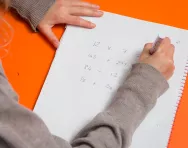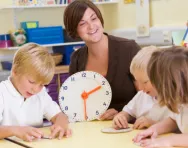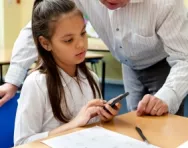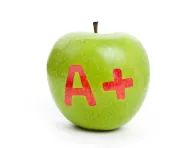Important update from TheSchoolRun
For the past 13 years, TheSchoolRun has been run by a small team of mums working from home, dedicated to providing quality educational resources to primary school parents. Unfortunately, rising supplier costs and falling revenue have made it impossible for us to continue operating, and we’ve had to make the difficult decision to close. The good news: We’ve arranged for another educational provider to take over many of our resources. These will be hosted on a new portal, where the content will be updated and expanded to support your child’s learning.
What this means for subscribers:
- Your subscription is still active, and for now, you can keep using the website as normal — just log in with your usual details to access all our articles and resources*.
- In a few months, all resources will move to the new portal. You’ll continue to have access there until your subscription ends. We’ll send you full details nearer the time.
- As a thank you for your support, we’ll also be sending you 16 primary school eBooks (worth £108.84) to download and keep.
A few changes to be aware of:
- The Learning Journey weekly email has ended, but your child’s plan will still be updated on your dashboard each Monday. Just log in to see the recommended worksheets.
- The 11+ weekly emails have now ended. We sent you all the remaining emails in the series at the end of March — please check your inbox (and spam folder) if you haven’t seen them. You can also follow the full programme here: 11+ Learning Journey.
If you have any questions, please contact us at [email protected]. Thank you for being part of our journey it’s been a privilege to support your family’s learning.
*If you need to reset your password, it will still work as usual. Please check your spam folder if the reset email doesn’t appear in your inbox.
What are key stages?

What are key stages?
Key stages are the groups that have been set up to administer progressive, standardised assessments during a child’s education in England and Wales. Each key stage consists of a certain range of school years.
The assessments associated with each key stage show how a student is doing in the areas of study that have been defined as targets in the National Curriculum. Your child’s teacher will know what these targets are, and will make sure those topics have been covered in the classroom.
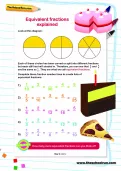
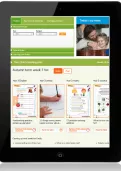
Boost Your Child's Maths & English Skills!
- Follow a tailored plan for your child
- Weekly resources added each week to your plan
- Keep learning on track and watch their confidence grow
How are the key stages grouped?
There’s more than one year in a key stage, and assessments are given in the final year of that key stage. They are grouped as follows:
- Early Years Foundation Stage – ages 3-5 (Nursery and Reception)
- Key Stage 1 – ages 5-7 (Years 1 and 2)
- Key Stage 2 – ages 7-11 (Years 3-6)
In secondary school, the key stages are:
- Key Stage 3 – ages 11-14 (Years 7-9)
- Key Stage 4 – ages 14-16 (Years 10-11)
How will my child be assessed in their key stage?
In the final year of a key stage, assessments test what’s been taught over the previous years between the last key stage (if applicable) and the current one. Students work to reach the expected standard for each key stage test or the greater depth standard if they are working above this.
Visit our super SATs area to find out more about the key stage tests, and to help your child practise for them. It’s packed with links to practice papers for both KS1 SATs and KS2 SATs, revision planners and techniques, and instructions on how to administer a SATs test at home so your child will know exactly what to expect.

